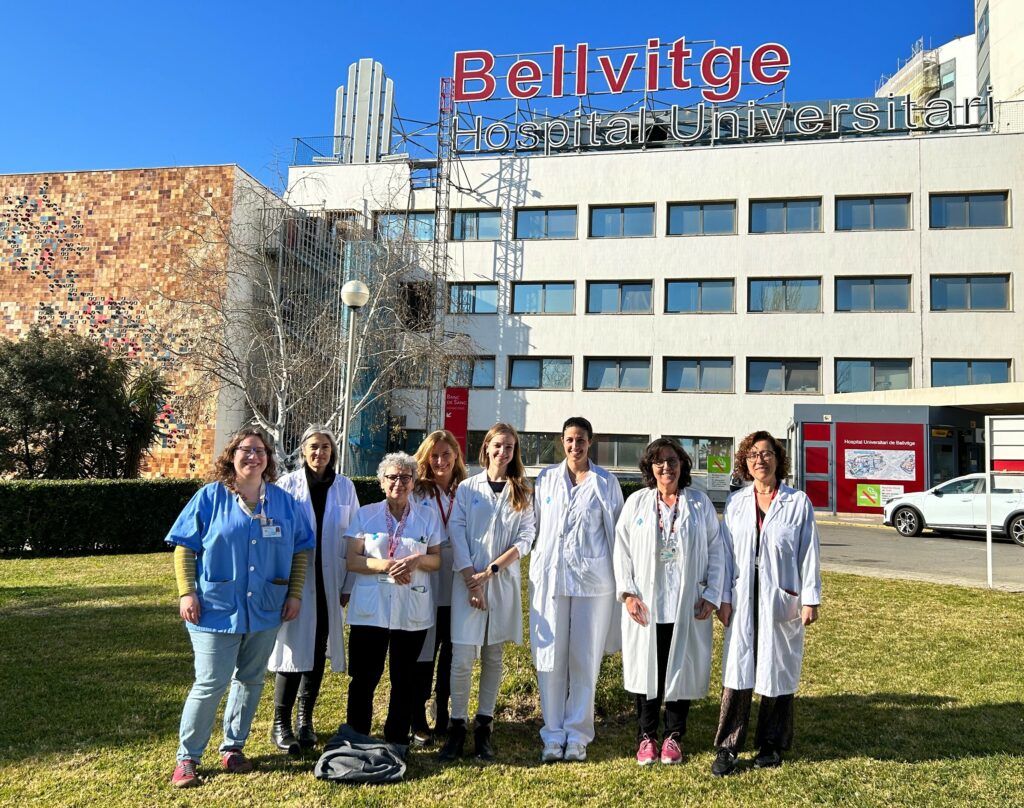The IDIBELL Bacterial Epidemiology research group made up of researchers from the Microbiology Service of the Bellvitge University Hospital, within the CIBER research network, has recently published a paper in the journal Microbiology Spectrum on the adaptation of Haemophilus spp in patients with chronic obstructive pulmonary disease (COPD) and prolonged treatment with azithromycin.
Azithromycin has immunomodulatory properties that have been shown to reduce the number of exacerbations and improve the quality of life of COPD patients. However, its prolonged use can affect bacteria that colonize the respiratory tract, such as Haemophilus influenzae, which plays an important role in acute exacerbations, and Haemophilus parainfluenzae, which is associated with high rates of antimicrobial resistance. The characterization of the evolution of these species during colonization may contribute to a better understanding of the progression of COPD.
This study showed the appearance of resistance to azithromycin during the first months of treatment due to the acquisition of mutations in the 23S rRNA or in the genes encoding ribosomal proteins L4 and L22. Furthermore, in a persistent lineage of H. influenzae, researchers identified a mobile genetic element containing genes encoding the efflux pumps MefE and MsrD which had previously been identified in H. parainfluenzae strains from the same patient. This observation supports the hypothesis that the interaction between microorganisms from the same ecological niche can enhance bacterial adaptation, and highlights the possible role of H. parainfluenzae as a reservoir of resistance genes.
On the other hand, during persistent colonization, other genetic changes were observed, mainly affecting genes associated with cell wall proteins, such as licA, lic3A and lex1, and inorganic ion metabolism, such as hgpB and hgpC. The acquisition, loss and evolution of some prophages integrated into the genome of the different bacterial lineages were also described. “Thus, the set of these genetic variations could favor bacterial adaptation and, therefore, persistent colonization” says Dr. Martí.

